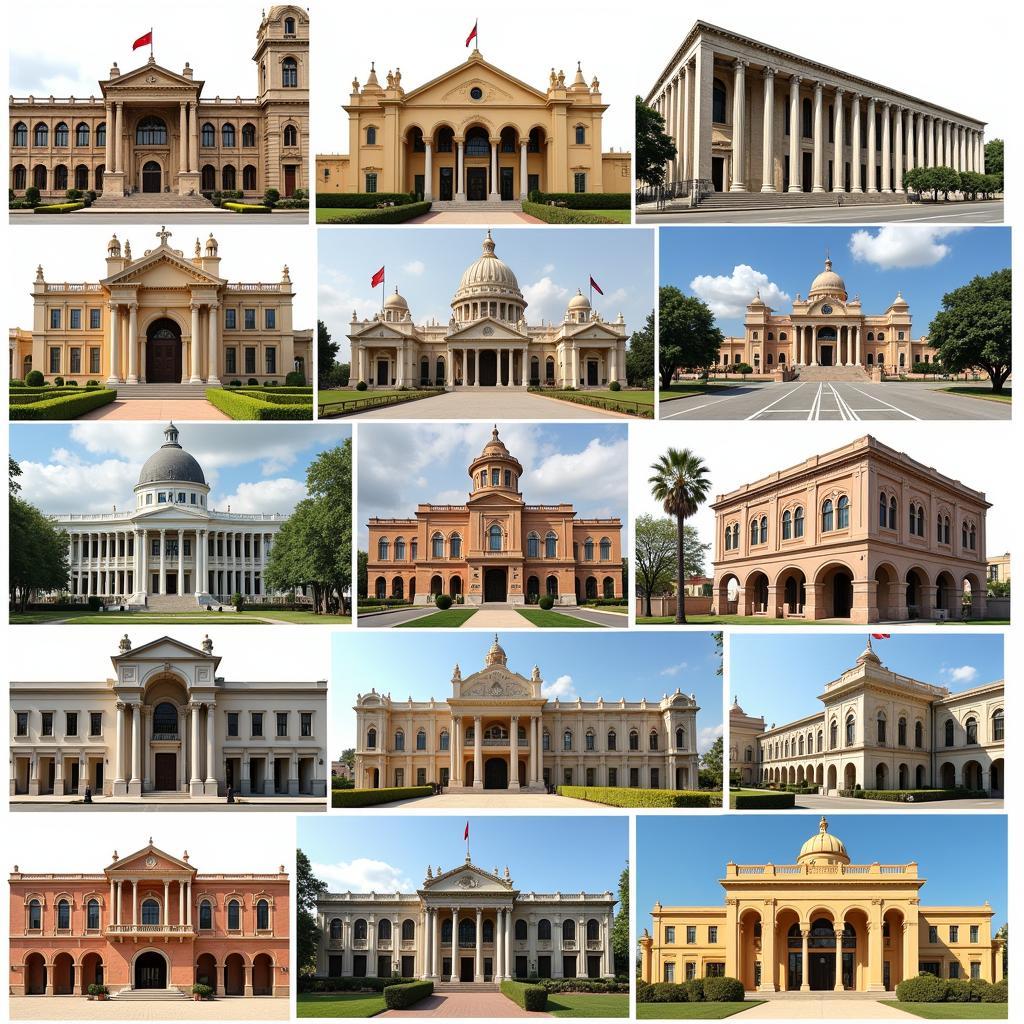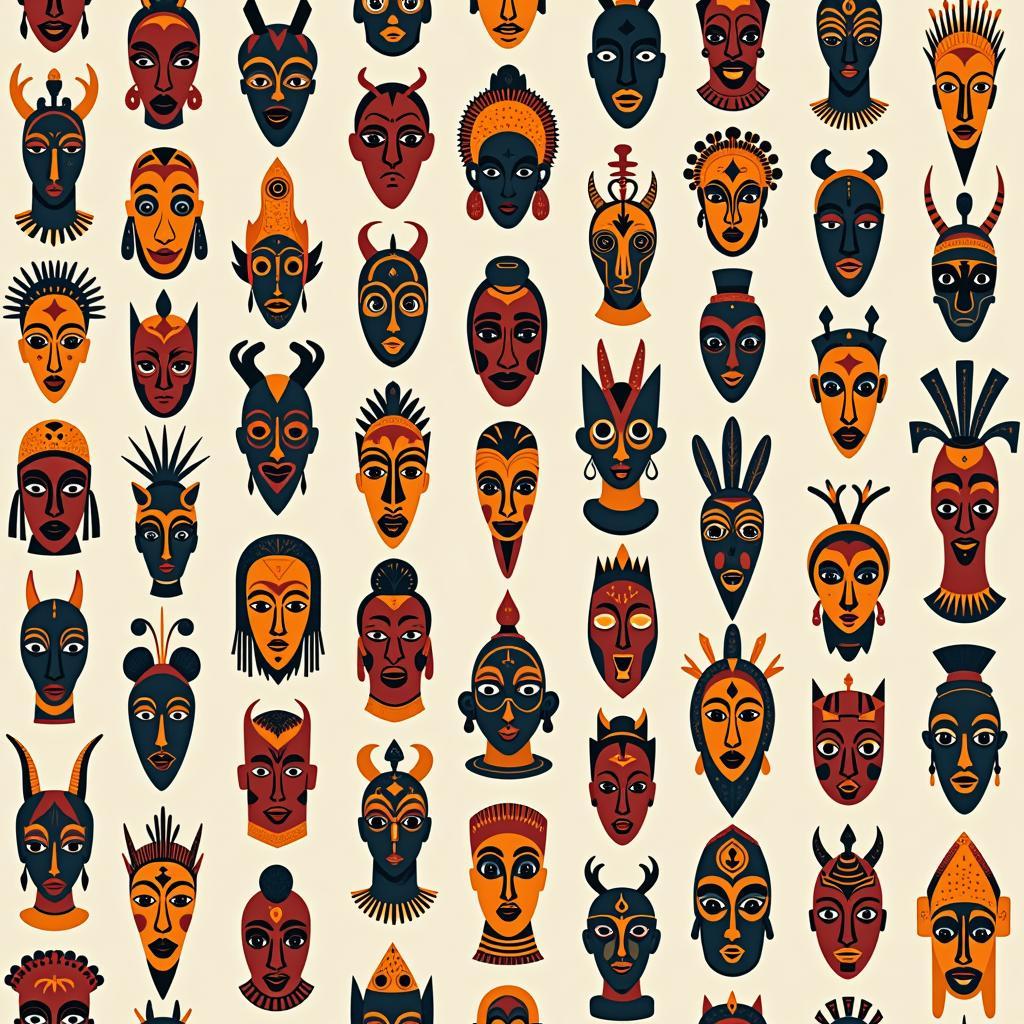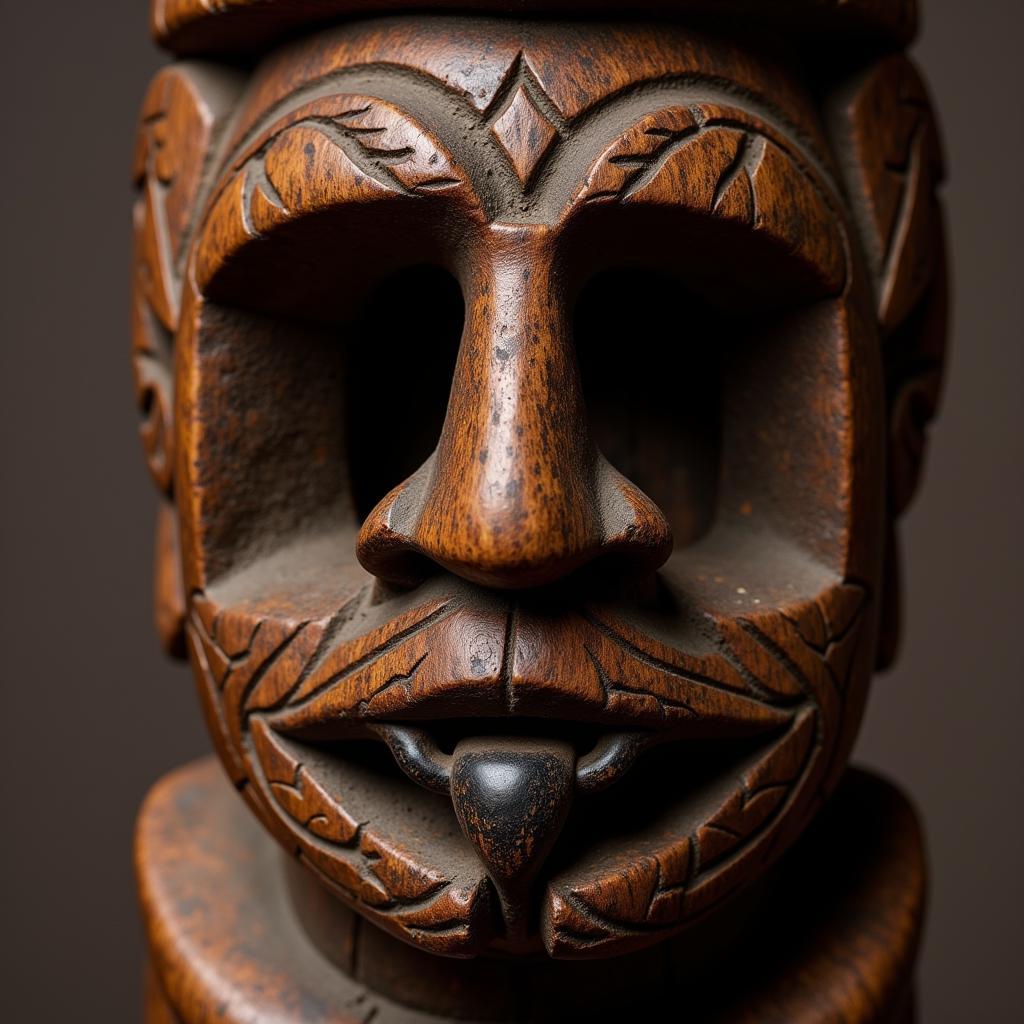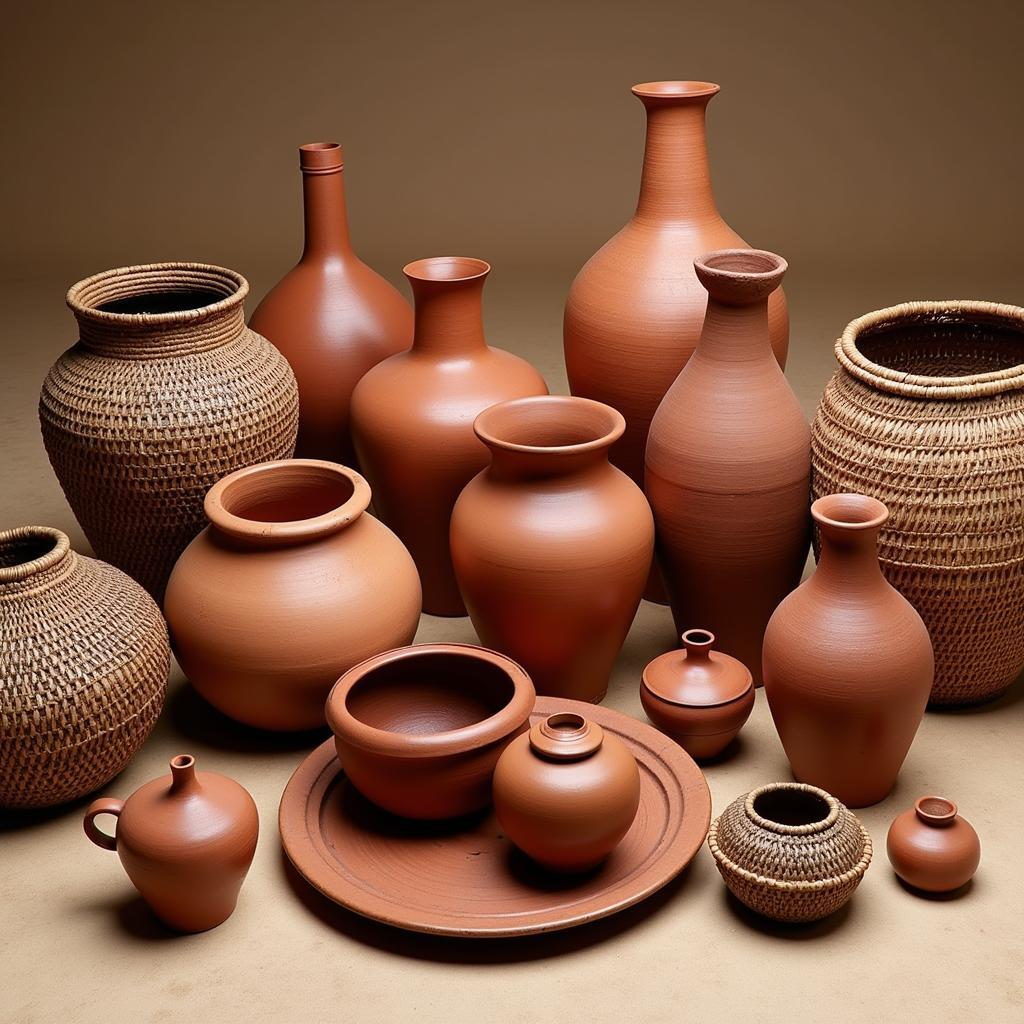Unveiling African Government Facts: A Glimpse into Diverse Political Landscapes
Africa, a continent brimming with rich cultural heritage and captivating beauty, often finds its political narratives overshadowed by preconceived notions. The reality is far more nuanced, with 54 distinct countries boasting their own unique systems of governance. Delving into African Government Facts reveals a tapestry woven with threads of tradition, colonialism’s legacy, and the continuous pursuit of effective and representative democracy.
Navigating the Spectrum of Governance: From Republics to Monarchies
One of the most striking African government facts is the sheer diversity of political systems employed across the continent. While republics dominate the landscape, monarchies, particularly in North and Southern Africa, offer a glimpse into deeply rooted traditions and power structures.
- Republics: The majority of African nations identify as republics, embracing varying degrees of presidential, semi-presidential, and parliamentary systems. South Africa, for example, stands as a prominent example of a constitutional republic, while Kenya operates under a presidential system. These republics often grapple with challenges of establishing strong democratic institutions, ensuring transparency, and combating corruption.
- Monarchies: Kingdoms like Morocco and Lesotho present a fascinating contrast, with monarchs holding varying degrees of power. While Morocco’s king wields significant political authority, Lesotho’s monarch assumes a more symbolic role. These monarchies often represent a strong sense of cultural identity and historical continuity, navigating the delicate balance between tradition and modernity.
 Modern and traditional government buildings across Africa
Modern and traditional government buildings across Africa
The Enduring Impact of Colonialism on African Governance
The specter of colonialism casts a long shadow over African government facts, shaping administrative structures, legal frameworks, and even political ideologies. Understanding this historical context is crucial to comprehending the complexities of contemporary African governance.
- Administrative Legacies: Many African nations inherited administrative systems directly from their former colonizers. This often resulted in centralized power structures, bureaucratic inefficiencies, and a disconnect between the government and the governed. Overcoming these colonial legacies remains an ongoing challenge for many African countries.
- Economic and Political Dependency: Colonialism’s economic exploitation left many African nations grappling with dependency, hindering their ability to chart independent political and economic courses. This legacy continues to shape political dynamics, with external actors often influencing domestic policies.
Strides Towards Democracy and Good Governance
Despite the challenges, Africa has witnessed significant strides towards democratic governance and greater political participation. From grassroots movements demanding accountability to the rise of independent media, the continent demonstrates a vibrant and evolving political landscape.
- Electoral Processes and Citizen Engagement: Regular elections, despite their imperfections, have become a cornerstone of many African political systems. Citizen engagement is on the rise, with civil society organizations and citizen-led initiatives playing a crucial role in holding governments accountable and advocating for social justice.
- Pan-Africanism and Regional Cooperation: The spirit of Pan-Africanism, emphasizing unity and solidarity among African nations, fosters regional cooperation on issues ranging from economic development to conflict resolution. Organizations like the African Union play a pivotal role in promoting peace, stability, and good governance across the continent.
FAQs: Delving Deeper into African Government Facts
1. What is the most common type of government in Africa?
Republics constitute the majority of governments in Africa, with varying degrees of presidential or parliamentary systems.
2. How has colonialism impacted modern-day governance in Africa?
Colonialism’s legacies continue to shape administrative structures, legal frameworks, and economic dependencies, posing ongoing challenges to African governments.
3. What are some positive trends in African governance?
There’s a notable rise in democratic processes, citizen engagement, and regional cooperation initiatives aimed at promoting good governance and stability.
Seeking Further Insights into African Life?
Unraveling the complexities of African government facts is just the beginning of understanding this dynamic continent. Explore our other insightful articles on African culture, history, and current affairs to deepen your knowledge and appreciation:
Connect With Us
For inquiries or assistance, our dedicated team is available 24/7. Contact us at +255768904061, kaka.mag@gmail.com, or visit our office at Mbarali DC Mawindi, Kangaga, Tanzania.



